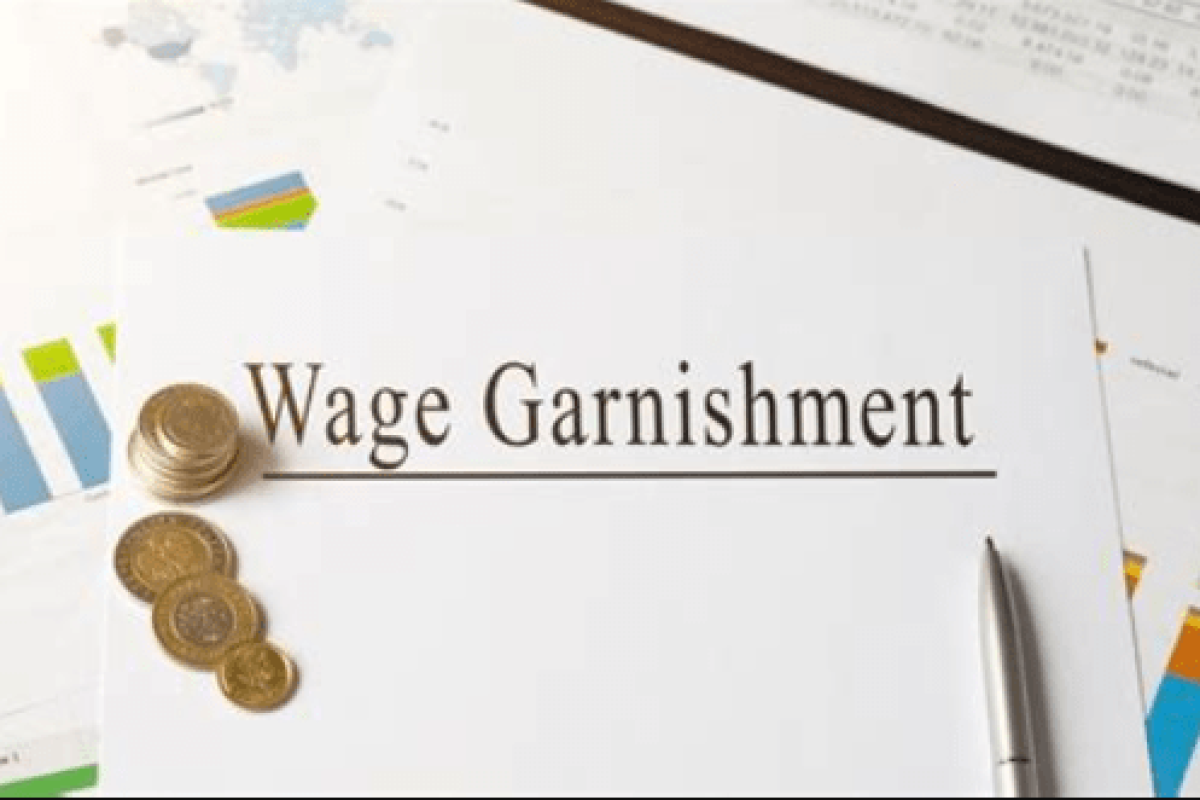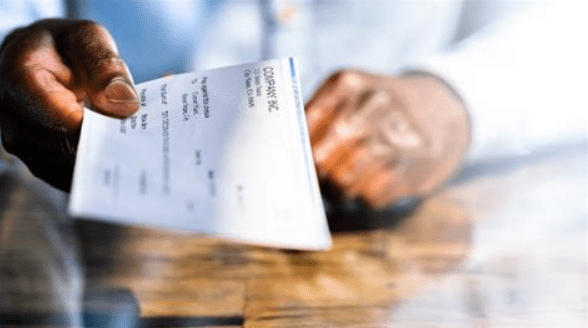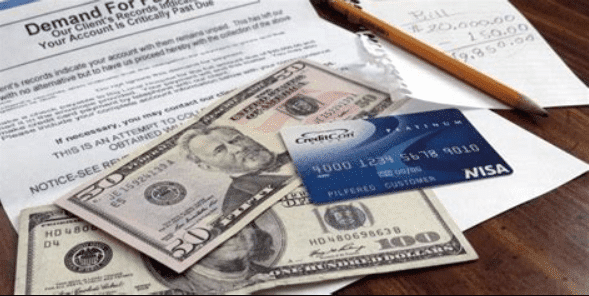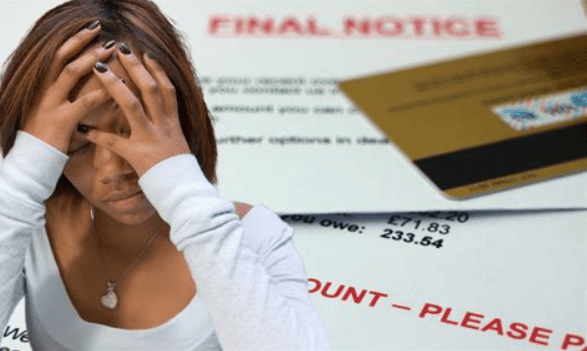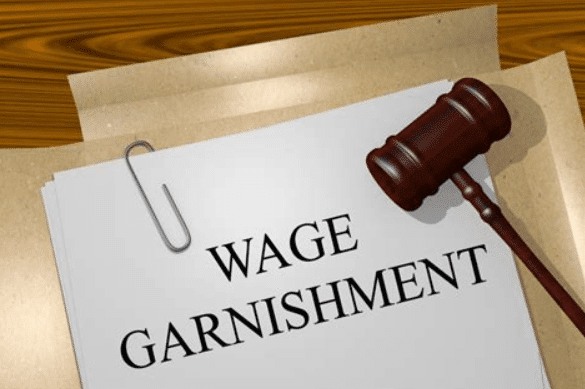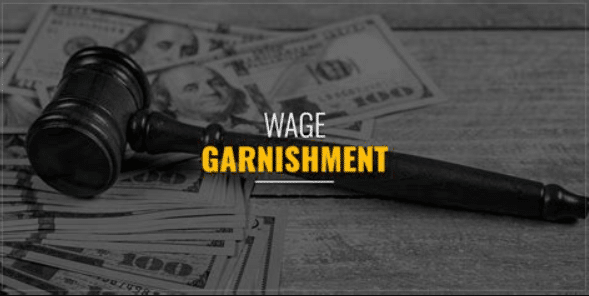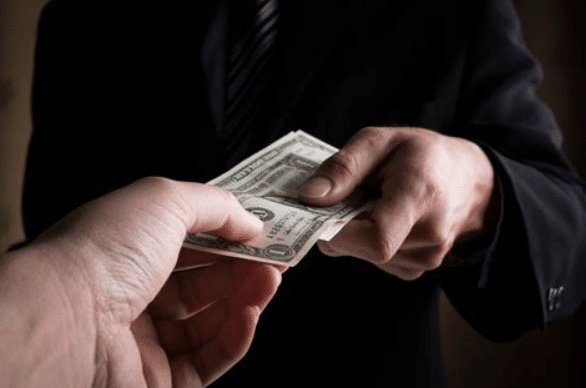Facing wage garnishment can introduce significant financial strain, impacting your disposable income and overall well-being. However, understanding your rights can offer immediate relief. Various laws shield individuals from garnishment, and ZumaZip is dedicated to providing assistance in navigating these complexities.
The Consumer Credit Protection Act of 1968 (CCPA) stands as a pivotal protection, barring private creditors from garnishing federal-level wages. Notably, it safeguards against employment termination due to a single garnishment and shields a portion of each paycheck from such actions.
Additionally, state regulations may impose more stringent limitations. Many states limit private creditors from garnishing beyond 25% of disposable earnings or 30 times the federal minimum wage stipulated under the CCPA. Moreover, certain wages designated for essential living expenses remain safeguarded from garnishment.
To safeguard your income effectively, it’s crucial to familiarize yourself with pertinent state laws and promptly address outstanding debts. However, if immediate payment isn’t feasible, there are avenues available to halt wage garnishment promptly.
Alternatively, avoid wage garnishment through debt settlement.
Answer the demand letter
Receiving a “demand letter” from a creditor serves as an initial warning before wage garnishment takes effect. It’s essential not to disregard this communication. Responding promptly to such notifications can significantly impact the outcome.
In numerous instances, creditors prioritize voluntary payments over resorting to costly legal proceedings and garnishments. This presents an opportune moment to engage in negotiations and establish a feasible payment plan. However, if wage garnishment is unmanageable, immediate action is imperative.
Exploring debt settlement options proves instrumental in circumventing the need for wage garnishments altogether. The following video provides insights into negotiating debt settlement agreements, offering a proactive approach to resolving financial obligations and averting potential garnishment scenarios.
Object to the court’s decision
When faced with a garnishment stemming from an ignored demand letter, individuals maintain the right to formally object through an official and legally recognized notice if they disagree with the action. Should there be grounds to contest the garnishment, requesting a court hearing is advised, accompanied by one of the following objections:
- Assertion of full payment of the debt.
- Documentation of a high-priority garnishment order for the maximum allowable amount.
- Contesting the validity or improper issuance of the garnishment.
- Declaration of bankruptcy.
It is crucial to file such objections within 14 days of receiving the writ. Failure to do so within this timeframe may result in the implementation of a periodic, non-periodic, or tax refund garnishment, with the withheld funds directed to the creditor. An illustrative example will now be provided.
Example: Tina found herself in a challenging situation when faced with a $2,300 debt owed to Fancy Credits. Despite clearing the debt with a new loan after persistent calls from debt collectors, she encountered further complications. Fancy Credits pursued legal action against Tina, resulting in a default judgment when she failed to attend the court hearing.
Upon receiving the garnishment order, Tina took decisive action by filing an objection with the court. She argued that the debt had been fully settled and emphasized the necessity for Fancy Credits to update their records accordingly. Presenting evidence of payment during the subsequent hearing, Tina effectively refuted the garnishment order, leading the judge to dismiss the case.
Make an exemption claim
There are currently 23 states that follow CCPA Title III of the federal garnishment limits, and 27 have passed laws lowering the garnishment ceiling to a level below what federal law allows. Four states entirely prohibit private creditor garnishments: North Carolina, Pennsylvania, South Carolina, and Texas. It is important to remember that these states still allow for garnishments for child or spousal support.
The exempt amount is increased even further in nine states by setting it at a multiple of the local or state minimum wage instead of the federal minimum. Florida, for instance, considers wages earned by the head of the household to be exempt wages.
If you show that you are suffering economic hardship and need your income for support, you can reduce or remove the garnishment. Generally, ordinary creditors can’t garnish the following incomes:
- Social Security income
- Disability benefits
- Alimony
- Veterans’ benefits
- Supplemental security income
- Unemployment benefits
Ensure to fill out the exemption form and submit it to the court that issued the garnishment order before the deadline on your paperwork. The court will schedule a hearing after your submission. Remember to bring proof of your income and all expenses that show you cannot afford the essentials.
Declare bankruptcy
Declare bankruptcy under Chapter 7 or Chapter 13 garnishment immediately. The bankruptcy process does not only stop most wage garnishments, but it also wipes out most collection debt.
The bankruptcy chapter you declare will determine what happens to your debts:
- Chapter 7 bankruptcy: All garnishments will be terminated permanently when a debt qualifies for Chapter 7 bankruptcy.
- Chapter 13 bankruptcy: Chapter 13 bankruptcy involves repaying your creditors monthly. Depending on the bankruptcy court, some employers may be required to deduct your Chapter 13 payment from your salary each month.
But remember, if a creditor has a non-dischargeable debt, it can continue to collect it after bankruptcy. In Chapter 13, you repay all non-dischargeable debt. While bankruptcy immediately stops most garnishments, it hurts your credit score.
Negotiate a debt settlement with the creditors
Typically, once a garnishment has been initiated, creditors and debt collectors may display a willingness to negotiate further, potentially offering an avenue to halt the garnishment process. By proactively engaging in negotiation and applying pressure on the lender, individuals can often secure favorable outcomes.
Introducing ZumaZip Settle, powered by ZumaZip, offering a tech-driven solution to debt settlement challenges. Our innovative software facilitates the exchange of settlement offers between you and your creditor, streamlining the negotiation process until a mutually beneficial agreement is reached. For further insights, explore our comprehensive guide detailing the pros and cons of debt settlement.
What is ZumaZip?
ZumaZip is a convenient solution designed to streamline your response to a debt collection lawsuit. Here’s a breakdown of what you can expect when you use ZumaZip:
Firstly, you’ll access our user-friendly web application, which guides you through the process step by step. You’ll be prompted to answer a series of questions related to your specific situation. Once you’ve completed the questionnaire, you have the option to either print out the finalized forms and mail them to the appropriate courts yourself, or you can opt to utilize ZumaZip’s services to file them on your behalf. Additionally, if you choose this option, an attorney will review your document for added peace of mind.
If you’re seeking guidance on how to effectively respond to a debt collection lawsuit, ZumaZip can provide the assistance you need. Feel free to explore our FAQs for more information on what ZumaZip has to offer.
What if I haven’t been sued yet?
If you’ve only received a collections notice, but not a lawsuit, the best way to respond is with a Debt Validation Letter. When a debt collector contacts you in any way, whether it’s by phone or mail, you can respond by formally requesting a debt validation with a Debt Validation Letter . This letter notifies the collector that you dispute the debt and forces them to provide proof you owe the debt. They can’t call you or continue collecting until they provide validation of the debt. This flowchart shows how you can use a Debt Validation Letter to win.
Get started with a Debt Validation Letter here.
How to Answer a Summons for debt collection in all 50 states
Here’s a list of guides on how to respond to a debt collection lawsuit in each state:
- Alabama
- Alaska
- Arizona
- Arkansas
- California
- Colorado
- Connecticut
- Delaware
- Florida
- Georgia
- Hawaii
- Idaho
- Illinois
- Indiana
- Iowa
- Kansas
- Kentucky
- Louisiana
- Maine
- Maryland
- Massachusetts
- Michigan
- Minnesota
- Mississippi
- Missouri
- Montana
- Nebraska
- Nevada
- New Hampshire
- New Jersey
- New Mexico
- New York
- North Carolina
- North Dakota
- Ohio
- Oklahoma
- Oregon
- Pennsylvania
- Rhode Island
- South Carolina
- South Dakota
- Tennessee
- Texas
- Utah
- Vermont; Vermont (Small Claims court)
- Virginia
- Washington
- West Virginia
- Wisconsin
- Wyoming
Guides on how to beat every debt collector
Hey there! Facing off against a debt collector can feel like a daunting challenge, but fear not! We’re here to help you navigate through it all with our handy guides designed to assist you in beating every debt collector you encounter. Whether you’re facing a new lawsuit or dealing with a persistent collector, we’ve got your back. Stay positive, stay informed, and let’s tackle this together!
- Absolute Resolutions Investments LLC
- Accredited Collection Services
- Alliance One
- Amcol Clmbia
- American Recovery Service
- Asset Acceptance LLC
- Asset Recovery Solutions
- Associated Credit Services
- Autovest LLC
- Cach LLC
- Cavalry SPV I LLC
- Cerastes LLC
- Colinfobur
- Covington Credit
- Crown Asset Management
- CTC Debt Collector
- Cypress Financial Recoveries
- Delanor Kemper & Associates
- Eagle Loan of Ohio
- Educap
- Estate Information Services
- FIA Card Services
- Forster & Garbus
- Freshview Solutions
- Fulton Friedman & Gullace LLP
- Harvest Credit Management
- Howard Lee Schiff
- Hudson & Keyse LLC
- Integras Capital Recovery LLC
- Javitch Block
- Jefferson Capital Systems LLC
- LVNV Funding
- Mannbracken
- Mariner Finance
- Medicredit
- Michael J Adams PC
- Michael J Scott
- Midland Funding LLC
- Mullooly, Jeffrey, Rooney & Flynn
- Mountain Land Collections
- MRS Associates
- National Collegiate Trust
- Nationstar Foreclosure
- Northstar Capital Acquisition
- NCEP LLC
- NRC Collection Agency
- OneMain Financial
- Palisades Collection LLC
- Pallida LLC
- Paragon Revenue Group
- Pinnacle Collections Agency
- PMAB LLC
- Portfolio Recovery Associates
- Provest Law
- PYOD LLC
- Reunion Student Loan Finance Corporation
- Revenue Group
- Regents and Associates
- RSIEH
- Salander Enterprises LLC
- Second Round Sub LLC
- Security Credit Services
- Sherman Financial Group
- Suttell and Hammer
- T-Mobile
- Transworld Systems
- Tulsa Teachers Credit Union
- UCB Collection
- Velo Law Office
- Velocity Investments
- Waypoint Resource Group
- Weinberg and Associates
- Wolpoff & Abramson
Settle your medical debt
Having a health challenge is stressful, but dealing medical debt on top of it is overwhelming. Here are some resources on how to manage medical debt.
- Am I Responsible for My Spouse’s Medical Debt?
- Do I Need a Lawyer for Medical Bills?
- Do I Need a Lawyer to Fight Medical Bill Debt?
- Does Bankruptcy Clear Medical Debt?
- How Much Do Collection Agencies Pay for Medical Debt?
- How to Find Medical Debt Forgiveness Programs
- Is There a Statute of Limitations on Medical Bills?
- Medical Debt Statute of Limitations by State
- Summoned to Court for Medical Bills — What Do I Do?
- Summoned to Court for Medical Bills? What to Do Next
Stop calls from Debt Collectors
Do you keep getting calls from an unknown number, only to realize that it’s a debt collector on the other line? If you’ve been called by any of the following numbers, chances are you have collectors coming after you, and we’ll tell you how to stop them.
- 800-390-7584
- 800-289-8004
- 800-955-6600
- 877-366-0169
- 877-591-0747
- 800-278-2420
- 800-604-0064
- 800-846-6406
- 877-317-0948
- 888-899-4332
- 888-912-7925
- 202-367-9070
- 502-267-7522
Other wage garnishment resources
- Bank Account Garnishment and Liens in Texas
- Can I Stop Wage Garnishment?
- Can My Wife’s Bank Account Be Garnished for My Debt?
- Can Payday Loans Garnish Your Wages?
- Can pensions be garnished?
- Can Private Disability Payments Be Garnished?
- Can Social Security Disability Be Garnished?
- Can They Garnish Your Wages for Credit Card Debt?
- Can You Stop a Garnishment Once It Starts?
- Guide to Garnishment Limits by State
- How Can I Stop Wage Garnishments Immediately?
- How Long Before a Creditor Can Garnish Wages?
- How Long Does It Take to Get Garnished Wages Back?
- How to Fight a Wage Garnishment
- How to Prevent Wage Garnishment
- How to Stop a Garnishment
- How to Stop Social Security Wage Garnishment
- How to Stop Wage Garnishment — Everything You Need to Know
- New York Garnishment Laws – Overview
- Ohio Garnishment Laws — What They Say
- Wage Garnishment Lawyer
- What Is Wage Garnishment?

